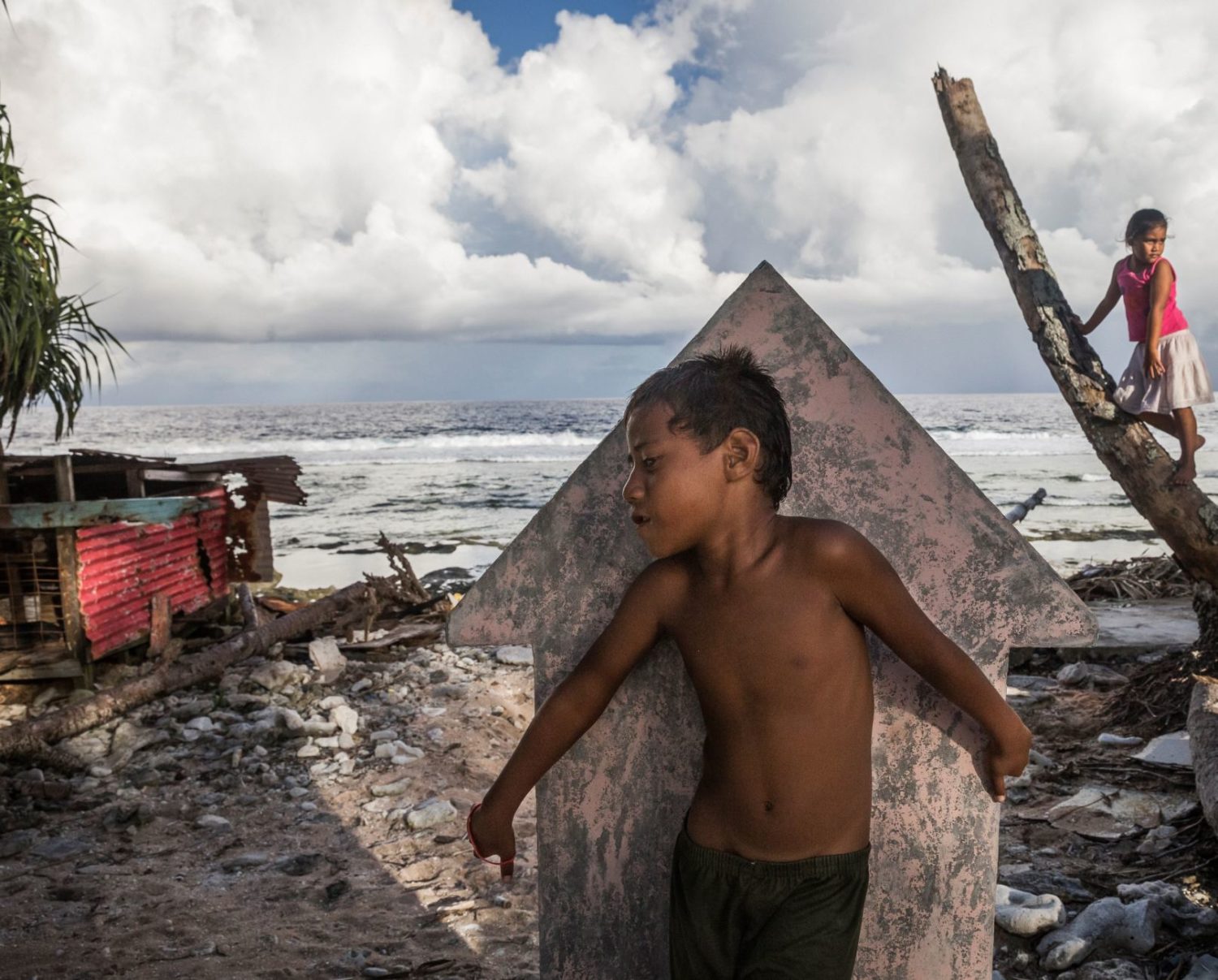This blog was originally published on UKFIET for COP25.
The message from millions of children around the world is clear: climate change is a defining issue of their generation. But what will climate change’s impact be on human migration patterns? And, as more children are on the move and in increasingly complex ways, are we developing education systems that are fit for the future?
What is climate migration – and why does education matter?
The International Organisation for Migration has defined environmental migrants as ‘persons or groups of persons who, for compelling reasons of sudden or progressive changes in the environment that adversely affect their lives or living conditions, are obliged to leave their homes or choose to do so, either temporarily or permanently, and who move either within their country or abroad.’ Estimates of the number of environmental migrants by 2050 range from 25 million to 1 billion. A 2018 report from the World Bank found that, in just three regions, over 140 million people could be forced to move due to ‘the slow-onset impacts of climate change’. It is clear that climate change will have a big impact on migration – and schools play a key role in securing children’s rights throughout the process.
Children on the move face challenges in accessing education
Children on the move face multiple challenges to accessing and thriving in education. UNHCR notes that there are 3.7 million refugee children out of school, with 76% of all secondary school-aged refugees not enrolled in education. Systemic, social, legal and economic barriers all present themselves as displaced children seek to access education. For example, being taught in a non-native language, missing legal documentation required for school registration, or financial barriers can all keep children on the move out of education. Many of these challenges are directly referenced in UNICEF’s six-point Agenda for Action for Refugee and Migrant Children, as well as in other international efforts to support children on the move. These will become more necessary than ever as climate change affects migration.
Support is needed before and after migration
Climate change induced migration requires action from education officials and the international community before and after migration. This goes both for home and destination countries for children on the move.
Before the move, education systems can reduce the impact of climate change on migration through Disaster Risk Reduction (DRR) – promoting resilience to disasters through teaching, infrastructure and safe school environments. While DRR can help prevent some migration, not all movement can be avoided. In these cases, education sectors can impart the transformative and transferable skills that children need to succeed in their new communities. This can include ensuring that qualifications are recognised across borders.
In countries that are likely to host many internally or internationally migrating children as a result of climate change, education systems can be built now to support future needs. When undertaking systems diagnostics to identify the challenges existing in the way education is delivered at present, countries could analyse migration and climate change patterns as well. This would allow for a more comprehensive, forward-looking approach that could future-proof the sector and address any potential barriers for children on the move.
Migration, in all cases, can be an opportunity to maximise skills and experiences, celebrate diversity, and learn from new cultures and journeys. This is only possible, however, in systems built with climate migration in mind.
The time is now
UNESCO has recognised that ‘within a few decades, climate could be a main reason for displacement’. As world leaders gather this week in Madrid for COP25, we can’t forget the important role that education has to play. And the timing of COP25, just before the Global Refugee Forum, is a welcome reminder that we can share learning and best practice across the education community. In doing so, we can build future-proof systems that are ready for climate migration.


